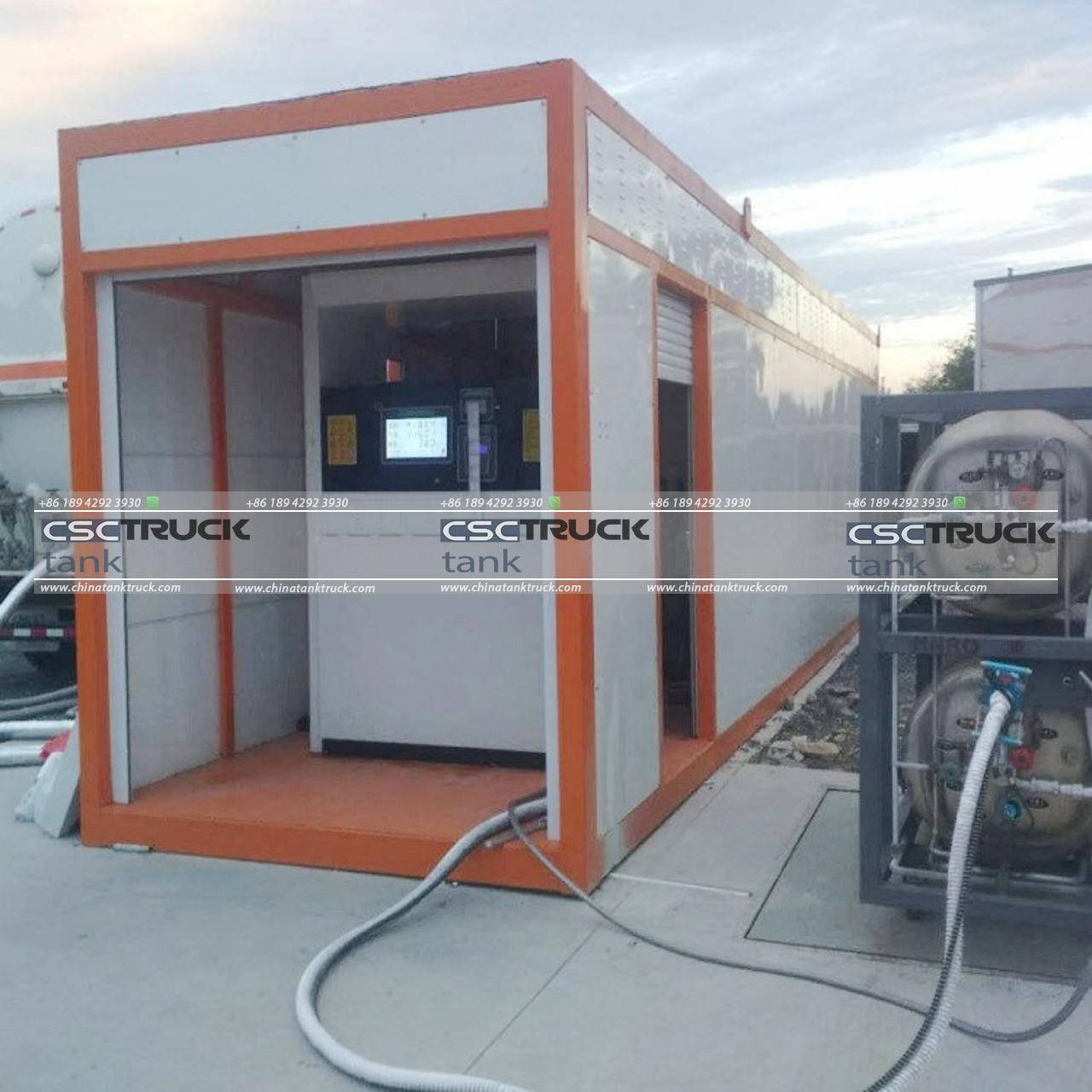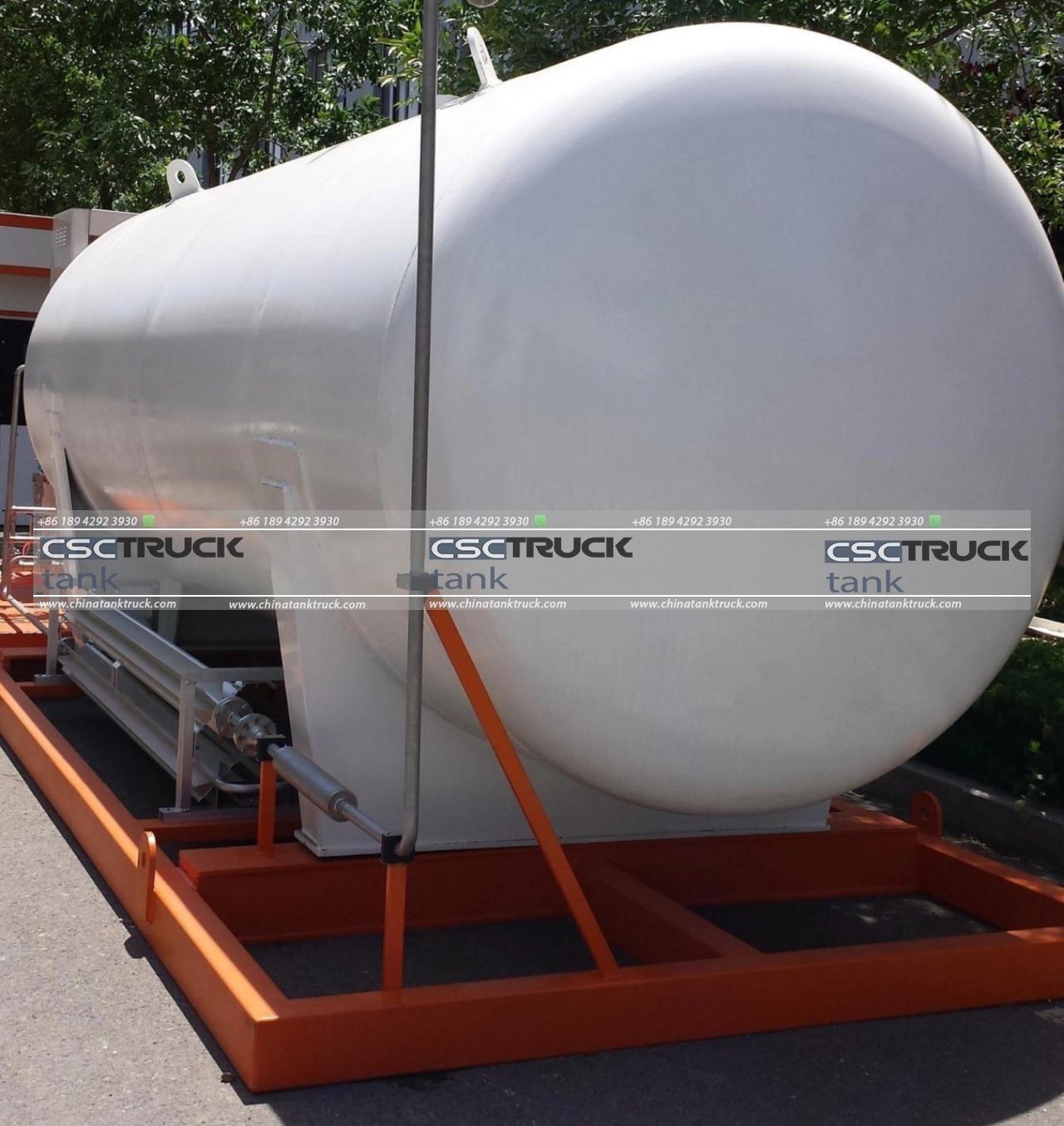Why LNG is Better than Diesel
In the quest for cleaner, more efficient energy sources, Liquefied Natural Gas (LNG) has emerged as a viable alternative to diesel, especially in sectors such as transportation and power generation. As concerns about climate change and air quality intensify, LNG offers several advantages over diesel, which makes it a more attractive option for both environmental and economic reasons. This article explores why LNG is better than diesel, focusing on factors such as environmental impact, cost-effectiveness, energy efficiency, and operational benefits.
Environmental Impact
One of the most compelling reasons to prefer LNG over diesel is its significantly lower environmental impact. LNG, primarily composed of methane, is a cleaner-burning fossil fuel compared to diesel. When combusted, LNG emits up to 30% less carbon dioxide (CO2) than diesel. This reduction in CO2 emissions contributes to lower greenhouse gas emissions, which is crucial in the fight against global warming.
In addition to CO2, LNG combustion produces fewer pollutants like nitrogen oxides (NOx) and particulate matter. Diesel engines, particularly older models, are notorious for emitting high levels of NOx and particulate matter, which contribute to air pollution and can have serious health implications. LNG’s cleaner combustion results in fewer emissions of these harmful substances, improving air quality and reducing health risks associated with respiratory and cardiovascular diseases.

Cost-Effectiveness
From an economic standpoint, LNG often presents a more cost-effective option than diesel. The price of LNG is generally lower than diesel due to its abundance and the efficiency of its production and transportation. In recent years, LNG prices have been more stable compared to diesel, which can be subject to significant fluctuations due to geopolitical tensions, supply chain disruptions, and market speculation.
Moreover, LNG’s higher energy content per unit volume, despite being less energy-dense by weight compared to diesel, often translates into better fuel efficiency and reduced operational costs for vehicles and machinery. LNG vehicles and equipment can also benefit from lower maintenance costs since LNG combustion tends to produce fewer residues and contaminants that can lead to engine wear and tear.
Energy Efficiency
Energy efficiency is another area where LNG outperforms diesel. LNG has a higher energy content per unit of fuel when measured in terms of energy density. Although diesel has a higher energy density by weight, LNG’s superior efficiency when converted to energy and its clean-burning properties contribute to more effective energy use.
The high octane rating of LNG allows for more efficient combustion in engines designed for it. This efficiency can lead to better performance and longer engine life. Additionally, LNG engines tend to have fewer moving parts and less wear compared to diesel engines, which can further contribute to overall efficiency and longevity.

Operational Benefits
LNG offers several operational advantages over diesel, particularly in the context of transportation and heavy industries. One of the key benefits is the quieter operation of LNG engines. LNG engines are generally quieter than their diesel counterparts, which can reduce noise pollution, especially in urban areas or sensitive environments.
Another operational advantage is the increased energy density of LNG when used in power generation. LNG’s ability to be stored and transported in a liquid state at cryogenic temperatures allows for more efficient storage and distribution compared to diesel, which requires more extensive infrastructure for storage and handling. This efficiency is particularly beneficial for remote or off-grid locations where logistics and infrastructure can be challenging.
Safety and Storage
LNG is generally considered safer than diesel in terms of storage and handling. Although LNG requires specialized cryogenic storage tanks due to its low temperature, its risk of ignition is lower than that of diesel. LNG is less likely to ignite in the event of a spill or accident because it evaporates quickly and disperses in the air, reducing the risk of fire and explosion. Diesel, on the other hand, is a liquid at ambient temperatures and poses a higher risk of spills and fires.
Additionally, LNG’s storage and transportation infrastructure is becoming increasingly sophisticated, with advancements in technology improving safety and efficiency. The development of more robust containment systems and better handling practices contributes to minimizing risks associated with LNG storage and transportation.

Long-Term Sustainability
When considering long-term sustainability, LNG offers a transitional bridge toward more renewable energy sources. While LNG is a fossil fuel, it is often viewed as a cleaner alternative to coal and oil, and it can complement renewable energy sources such as wind and solar. LNG can provide a stable and reliable source of energy while renewable technologies continue to evolve and become more cost-effective.
Moreover, advancements in LNG technology are continuously improving its environmental performance. Innovations such as carbon capture and storage (CCS) and the use of biogas (renewable natural gas) as a substitute for conventional LNG are further enhancing its sustainability profile. These developments align with global goals for reducing greenhouse gas emissions and transitioning to a low-carbon energy future.
Conclusion
In summary, LNG presents numerous advantages over diesel that make it a preferable choice for many applications. Its environmental benefits, including lower CO2 and pollutant emissions, contribute to improved air quality and help combat climate change. Economically, LNG often proves to be more cost-effective due to its lower price and efficiency. Operationally, LNG engines offer better performance, quieter operation, and reduced maintenance requirements. Safety and storage considerations also favor LNG, as it poses fewer risks compared to diesel. Finally, LNG serves as a transitional solution towards a more sustainable energy future, complementing renewable energy sources and advancing technological innovations.
As the world continues to seek ways to reduce its environmental footprint and enhance energy efficiency, LNG stands out as a promising alternative to diesel. Its numerous benefits underscore its role in shaping a cleaner, more sustainable energy landscape.

